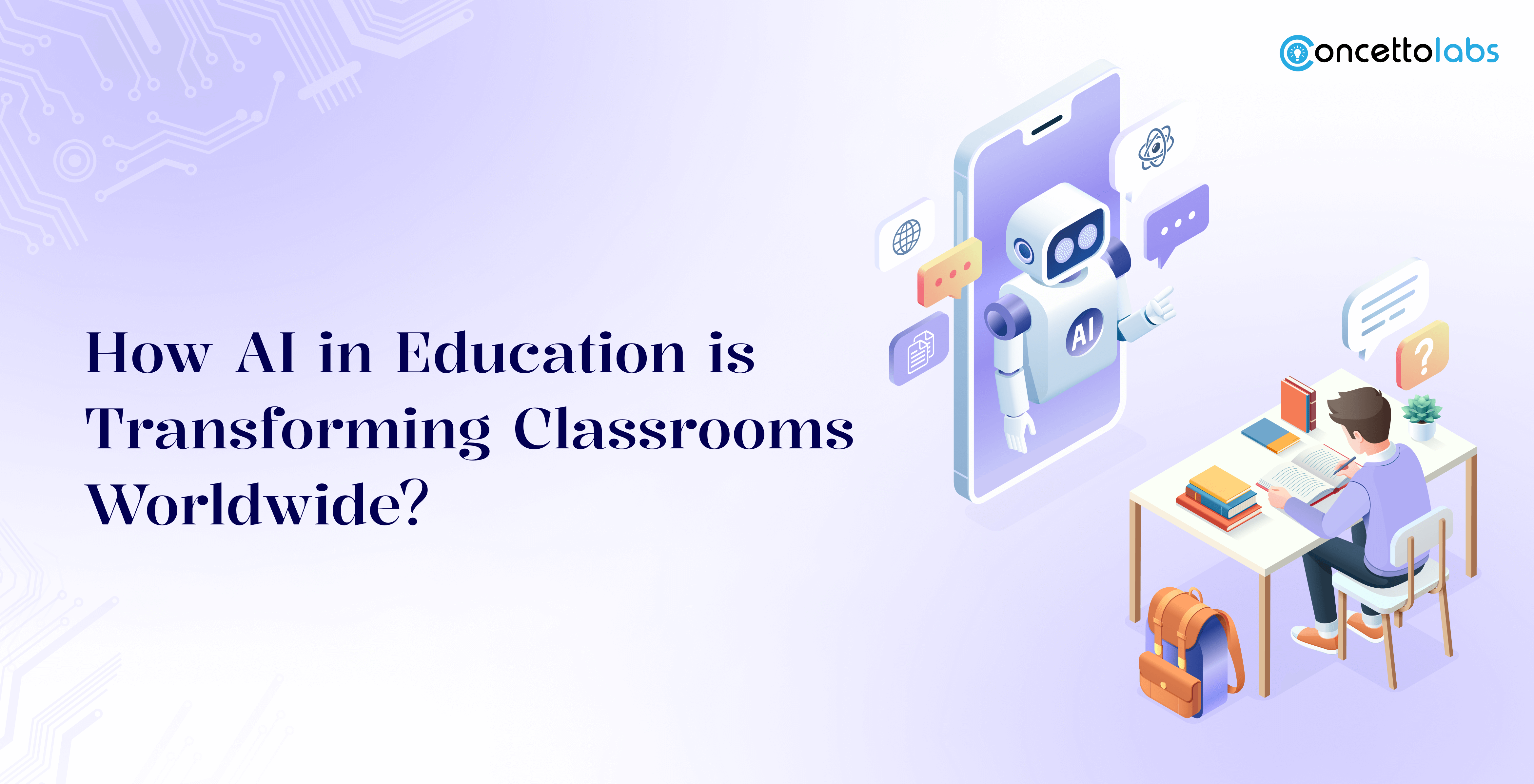
Table of Contents
Summary: Many AI tools will make a foray into the education system in times to come, thereby affecting the learning ways of students in the future. It is concerning this subject matter that we would discuss the applicability of AI in education.
Misleadingly Shrewdly relates to a computer framework that is modified to reflect human insights. It permits a computer framework to be empowered to think, fair like a human. Counterfeit insights point to acting like people. There are a few employments and applications of fake insights in numerous different areas. Instruction is moreover one such field.
“Artificial intelligence effects on education” has got to be a specialty as it was in the year “1970s when modern technology” was brought to instructing and learning, in instruction. Everybody believes that education is care; therefore, one has to get a proper education to lead a successful life. Many amendments are constantly occurring in the education systems across the globe to make things more beneficial for students.
These changes might range from modules to teaching methods. The world is evolving with the rapidly emerging technology of artificial intelligence applied in nearly all aspects. AI App Developments can make a difference in the education system. Artificial intelligence in education is developing new ways to learn and instruct in different scenarios these days. AI is being implemented by colleges and universities in many countries these days. AI in education has added a new perspective to the view of education as a whole, be it educators, parents, students, or any educational institution. Artificial intelligence in education does not aim at using humanoid robots to teach instead of human teachers; instead, it will enhance and make the process of education faster by helping out the teachers and students with computer intelligence.
What are the Functions as Well as the Different Uses of Artificial Intelligence in Education?

A host of tasks within the educational system consume much of the time of teachers, and this includes marking tests and assignment of homework. These activities take a lot of time and energy, which may be better spent engaging with students, pointing out their mistakes, imparting new knowledge, and many other things.
Academic artificial intelligence can be used to save time. All forms of MCQs and fill-in-the-blank questions can be mechanized for grading using AI tools, while written response grading is not far behind. Although it’s becoming better every day, AI in the educational system isn’t yet able to completely replace the human grading element. Instead of spending their time on these tedious duties, teachers will have more time to fill in the gaps in their classrooms thanks to AI.
How Different Assistance in AI for Education Tutors Help?
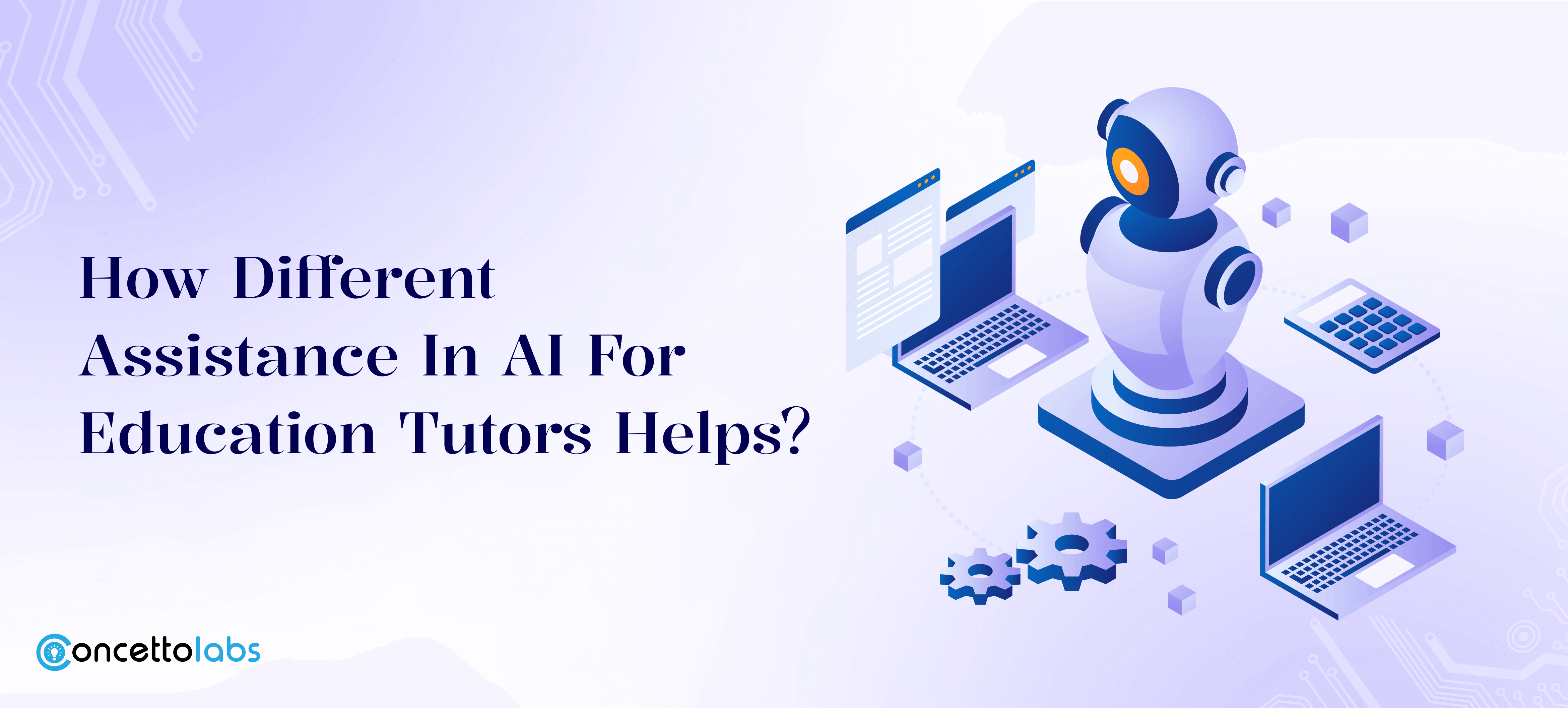
Since the schedules of college professors are set, it is therefore very clear that they cannot spend all their time with the students while they are studying. However, no student is brilliant enough to understand everything at once hence they need extra help from someone to make them understand the study material. Artificial intelligence in school can give this extra help with the aid of tutors. On average, schools implementing AI-driven personalized learning programs increased student engagement by 20% and improved their academic performance by 15%.
Nowadays, children can be assisted in their learning processes by various AI tools in education that help them understand the fundamentals of writing and mathematics, among other courses.
The AI technology in the education system can, of course, teach the basics to the students but is in no way suitable to teach the advanced concepts of any subject. The students still require a lecturer who would assist them in understanding such tricky concepts. In the future, AI will be able to help students with challenging problems assessed for critical thinking and reasoning.
How AI-Powered Input Feedback Tools for Instructors and Understudies: Cleverly Criticism Devices Can Be Viable?
AI in academic learning not only helps students learn customized courses based on their needs but can also give feedback to the professor and the student about how successful the course is. Many online course providers currently make use of such feedback-based AI systems to keep track of student performance and alert their instructors in cases of serious performance problems.
The use of AI applications in education-driven solutions would have given professors an idea of which areas of instruction need improvement, while the student would get all necessary support. It is observed that students who receive immediate feedback are in a better position to understand their mistakes and learn from them.
What Determines Where AI Needs to Develop in the Course?
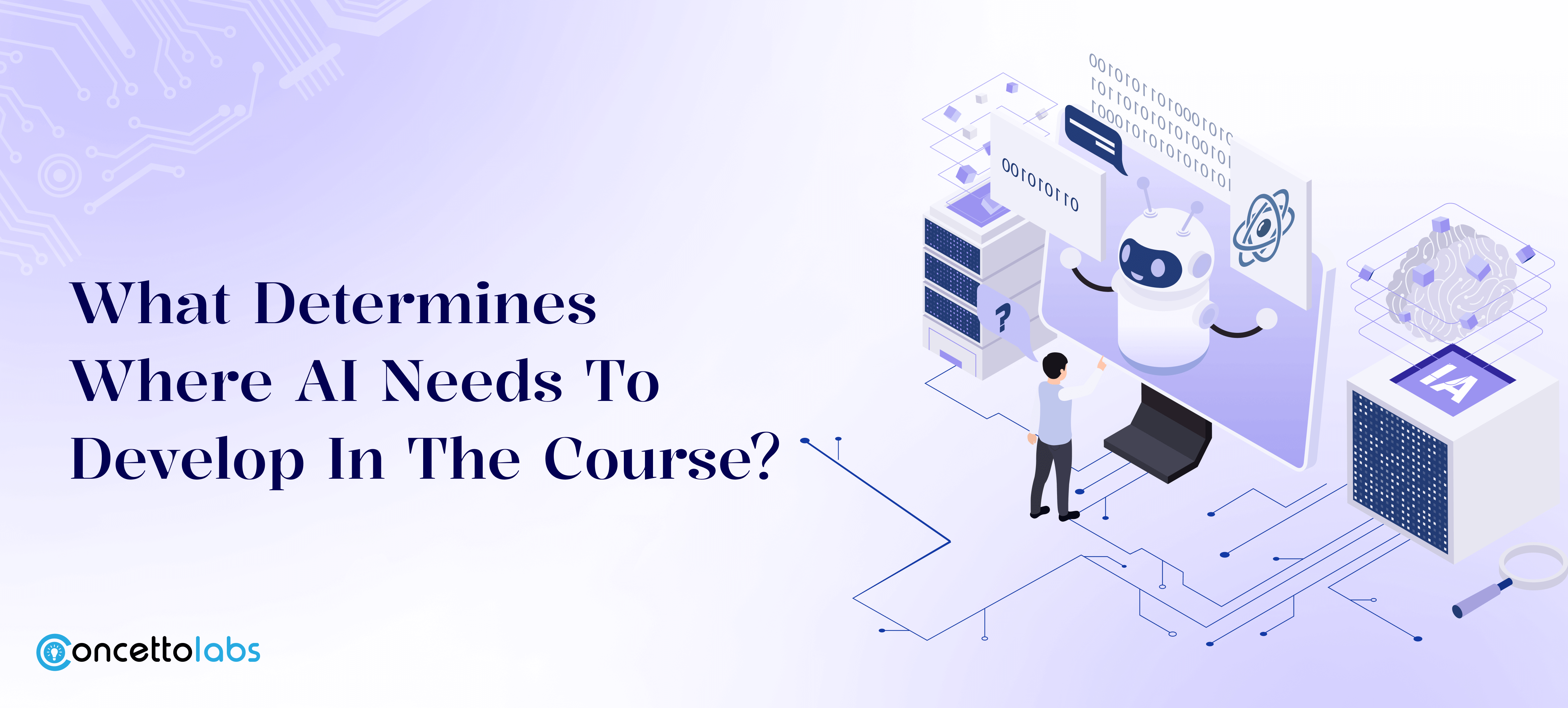
It is quite difficult and daunting to know the learning gaps within the system of education. Moreover, besides the fact that there are only restricted amounts of time available to teach in class, the instructor may not be aware of the conceptual gaps that exist in student knowledge. AI and learning-driven systems can support the educational system in cleaning up this issue.
AI-driven programs are already in use on different learning sites. If a large proportion of the student body turns in an incorrect homework assignment, the system lets the teacher know. In future iterations of that assignment, it provides future students with a personalized message that provides pointers for the right answer. Such programs ensure each student gets the subject matter and help fill in any learning gaps that may be created in the process of a course undertaking. The algorithm of the best AI education app development makes sure that using artificial intelligence students directly get the answers from the system instead of waiting for the teacher’s response. This helps in learning from mistakes and performing better next time.
How AI May Alter the Function of the Instructor?
As the above points state, Artificial intelligence can help students learn, check papers, and in some cases even replace the real tutor. Here are some AI app developments that can be implanted into various education scenarios. The system of artificial intelligence can be designed to feed the learners with knowledge, or it can offer the learners a platform from which learners shall be allowed to ask questions, supporting the teacher to teach with help, based on knowledge of the course material.
How To Use AI to Personalize Instruction?
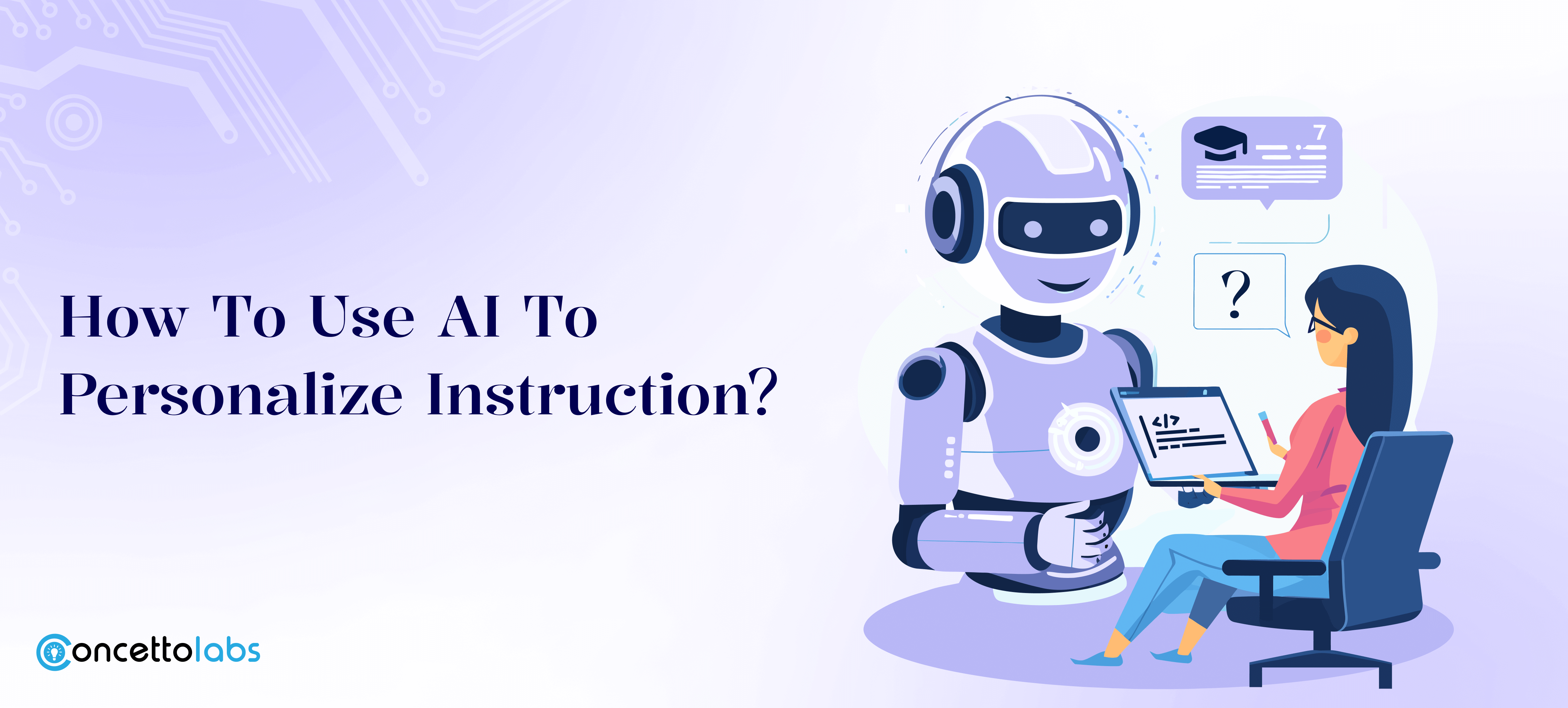
Artificial Intelligence in Education is not aimed at substituting teachers. Rather, it seeks to act as a limb that will be supportive of educators and learners.
AI systems can provide personalized instruction. Put differently, via personalization, every learner is allowed to study in a method most conducive to them and their level of grasping.
Teachers can create a customized study plan for each student by having a thorough awareness of their needs. On the global scale, the AI market in education is projected to reach as high as $6 billion by 2024, growing at a compound annual growth rate of 45% from 2018. With artificial intelligence (AI) advancing daily, machines may likely be able to read students’ facial expressions during concept learning to determine whether they’re having trouble understanding the material and adjust their instruction accordingly. Though such things are currently unfeasible, AI-powered hardware and software may make them so shortly.
Looking To Change Your Way Of Learning?
Choose Ai in Education to Learn Effectively with Ease.
Why Do People Prefer Using AI to Create Intelligent Content?
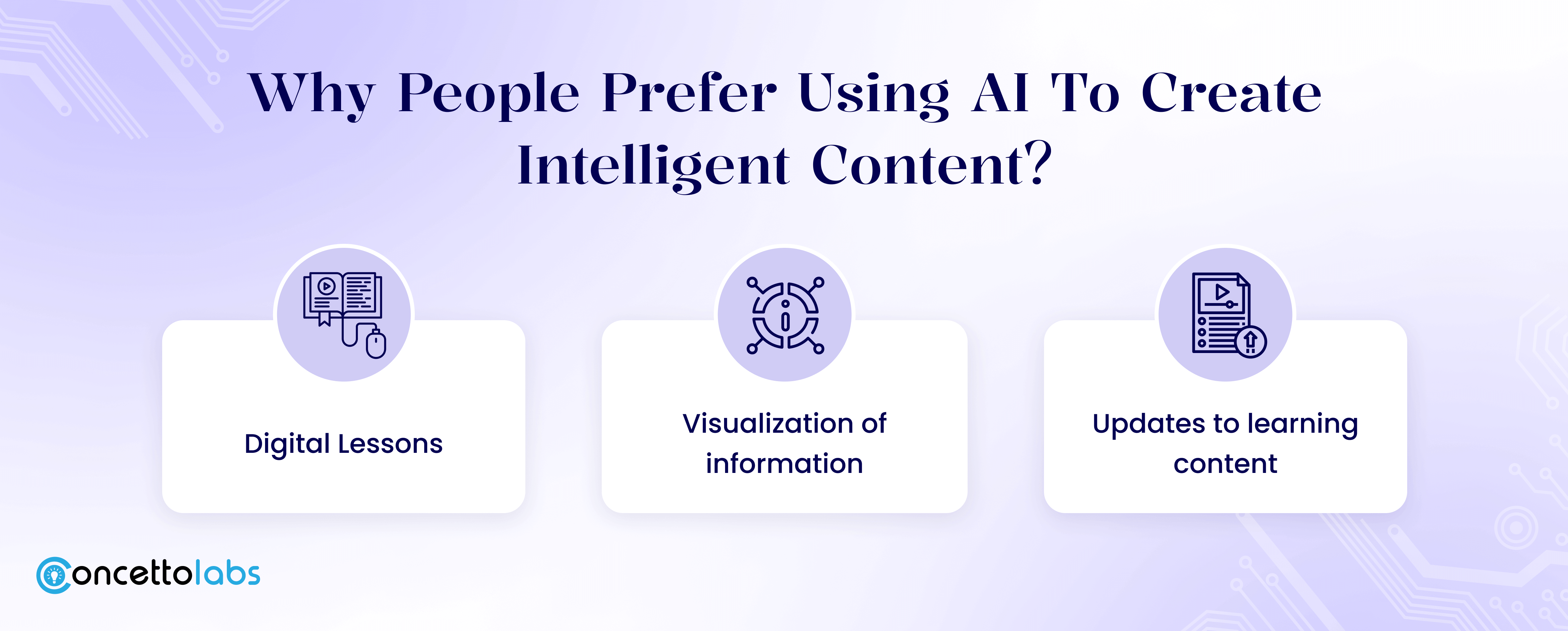
Three methods exist for producing intelligent material using AI
- Digital Lessons: Everything is digital these days, be it education. From early education to universities, everybody and everything is following the path of digital learning mainly because of better customization possibilities, e-books, study guides, bite-sized lessons, and many more AI-powered benefits.
- Visualization of information: It becomes much more effective to understand information properly and remember it for a longer period when it is visualized rather than being heard abstractly.
- Updates to learning content: Artificial intelligence also assists in creating lesson plans, maintaining current material, and adapting it to various learning curves.
What Makes Certain Students with Special Needs Have Access to Education?
For understudies with learning clusters, such as those who are hard of hearing or difficult of hearing, outwardly impeded, etc. These pupils could run into several challenges when they’re learning and studying. They also require more time and attention. The children will have a modern educational experience, where we will be working from partnerships where the latest AI technology will be used in the new approaches to orchestrate their learning.
Universal access is one of the many educational applications of artificial intelligence in digital learning whereby the study material is made all-inclusive in their access. The learners are all not of the same capacity to grasp the studies, and thus universal access implies they can study anytime and from any geographical location.
What Are the Important Benefits of Understanding Artificial Intelligence in Education?
1. Access to Education Anytime
Anywhere, anytime, AI-driven digital learning allows students the ability to learn. It is not bound to an area because each learner has their time. They can all adjust their learning time and become more effective and productive depending on their peak working hours.
2. Increased Engagement
Research becomes more engaging and interactive with digital visualization, personalized learning, and activities as per requirement. Customized learning, and fantastic experiences with AI-driven tools, make students feel much more intelligent and confident—students can study a wide variety of subjects outside of their course syllabus without the fear of asking multiple questions.
What Are the Roles of AI in Education Future?
According to studies, artificial intelligence (AI) in education will advance in three key areas shortly.
1. Discrimination
The AI tools, like most predecessors of technological advancements, have always suffered from human prejudice. Further down the line, AI in education will think out new tools that shall be able to grade assignments and exams; this shall be based on set criteria that eliminate bias. By 2025, nearly 60% of schools worldwide will have integrated AI tools in some form: from grading systems to virtual tutors, intelligent content creation, and others.
2. Collaborative Support
College professors and instructors usually have master’s degrees in their disciplines and areas of specialized growth. Much of the administrative labor, many a time, is fruitless in building rapport with the kids. AI in education can help solve this problem in times to come by creating smart classrooms that have AI support systems which would enable the teachers to give their all.
Also Read: AI in Education: Digital Transformation of the Industry in 2024
Conclusion
The use of artificial intelligence is no longer restricted to certain areas, but it is rather a part and parcel of all parts of life. Currently, AI has made its first steps in the educational sector and it has been the thing, which has raised the learning process to a great height. The reason for this is that AI appears to be a very valuable teaching aid for both students and teachers.
All universities, however, have still not adapted to using AI completely in education, which may take its time. Despite that, studies show that AI will soon prove to be a boon for the education sector. Even though its actual educational worth has not yet been realized, it is making a real difference in the education sector these days. Moreover, although computer-based learning is very useful, it cannot fully replace the actual teaching provided by universities and institutions.
Table of Contents


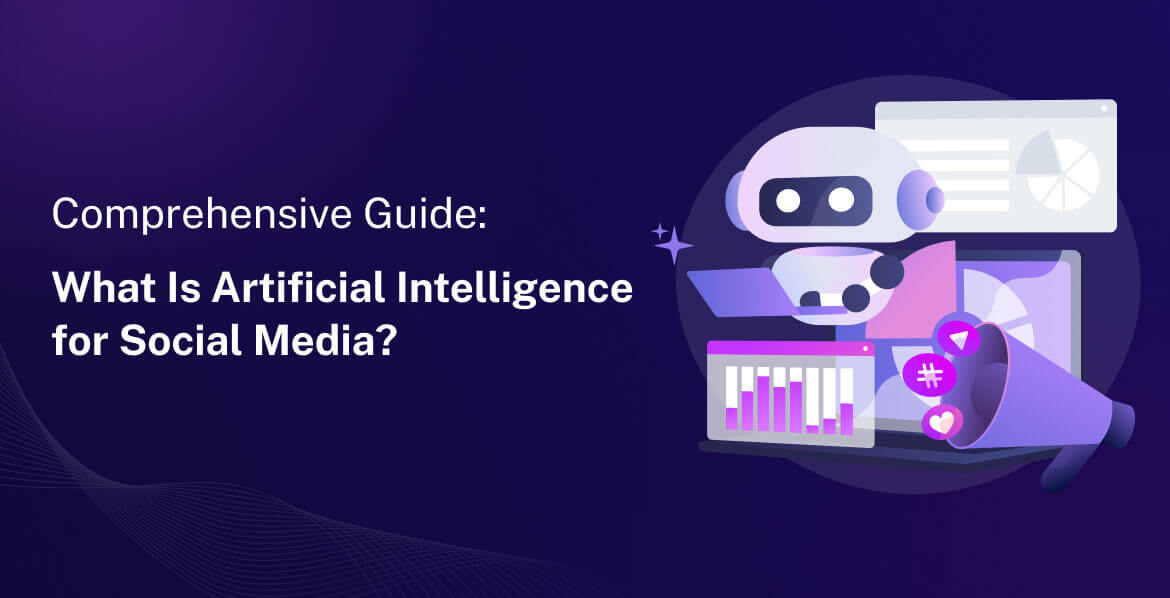
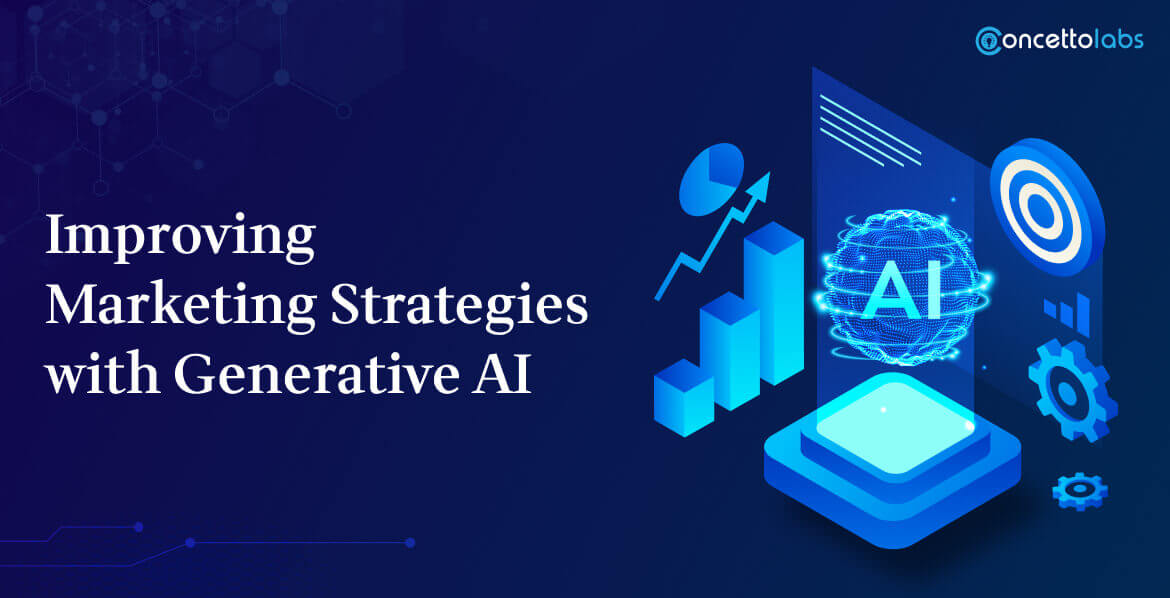





 Indonesia
Indonesia
 Botswana
Botswana
 USA
USA
 Italy
Italy
 Panama
Panama














 USA
USA Canada
Canada UK
UK Norway
Norway India
India Australia
Australia